The 64-Bit Raspberry Pi OS Has Officially Landed!
The 64-bit version of Raspberry Pi OS has come out of beta. It's a fully-featured version of the Bullseye release, which should see many users get a performance upgrade in the future. The move announced on the Raspberry Pi blog finally brings an official 64-bit OS 8 years after releasing the Pi 3, which was compatible with 64-bit systems.
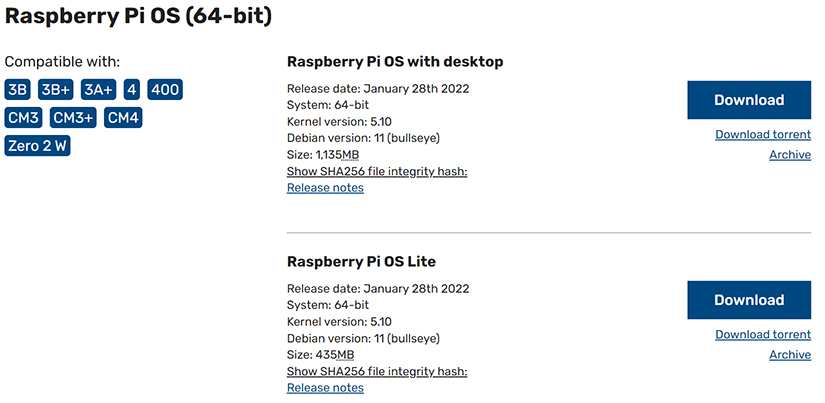
Initially, the Raspberry Pi team opted to stick to a 32-bit OS on top of 64-bit hardware for simplicity - just one operating system to choose from (albeit in lite or complete desktop forms), and no compatibility issues between systems.
Since then, compatibility has shifted to favor an increasing number of 64-bit only apps, making the need for an official 64-bit Pi release more pressing. As it stands, the performance increase of Bullseye 64-bit is only something seen in benchmarks, but as more developers make use of the A64 instruction set, we can expect programs that fully utilize the new OS to show up soon.
You can get the new 64-bit Pi OS from the Raspberry Pi imager or the official downloads page. Also, if you are already running the 64-bit beta and want to upgrade to the official version, you can follow the steps in the Debian wiki.
64-Bit = More bits = Better right?
It's tempting to fall into the idea of thinking that a mainline release of the 64-bit OS is a sign of things to come, but in reality, this isn't a replacement for 32-bit Pi operating systems. A huge amount of software is designed specifically with 32-bit ARM processors in mind, and it'll be a long time until that changes. Instead, the 64-bit version is aimed at specific use cases and those who are looking for a simple to use OS that can utilize the Pi's full hardware.
However, It's not all completely plain sailing. There are still a couple of knotty compatibility issues to deal with. For example, the 64-bit version of Chromium installed by default cannot stream certain platforms like Netflix and Disney+. Luckily there is an easy fix:

Other than this quick fix, the new OS should pave the way for apps that require high RAM usage within a single process and anyone who develops using 64-bit tools!
Raspberry Pi isn't turning its back on 32-bit
Raspberry Pi has spent a long time developing the 32-bit versions of their OS, and they won't be stopping any time soon. Realistically, you are only going to be wanting to run the new OS on a Raspberry Pi 4 in desktop mode, and maybe the lite mode on the Pi Zero 2W.
For everything else, the 32-bit version of Bullseye will still be there, and the older Debian Buster version is still being maintained until at least 2024.
If you like stories from the Electrowire, you'll love the Electromaker Show, our weekly round-up of all things Maker and Embedded. Join us on YouTube or on all major podcast services.




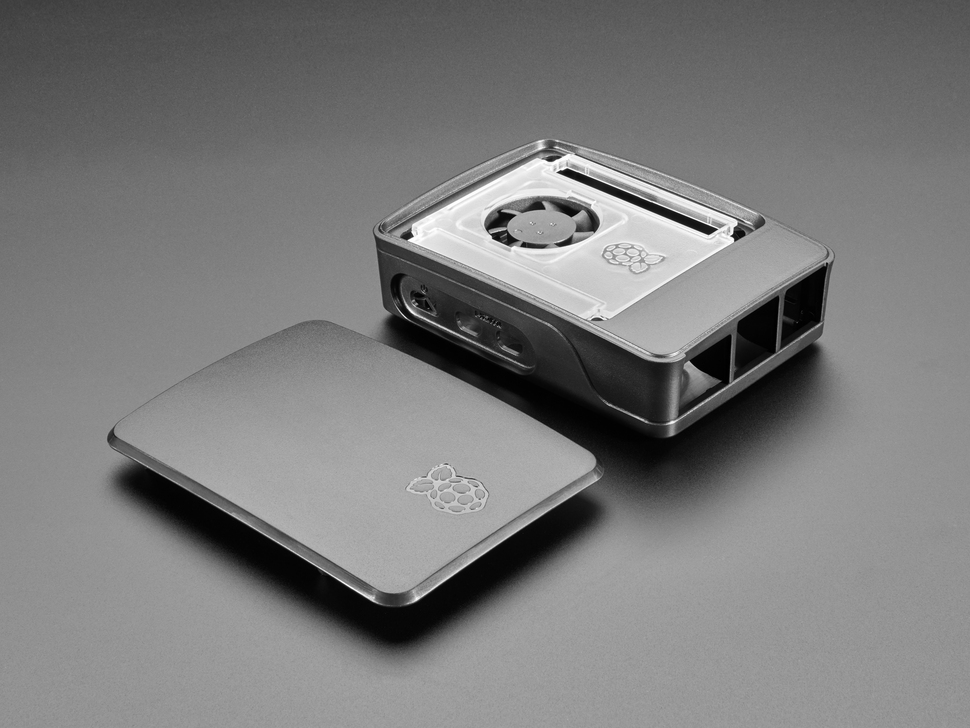
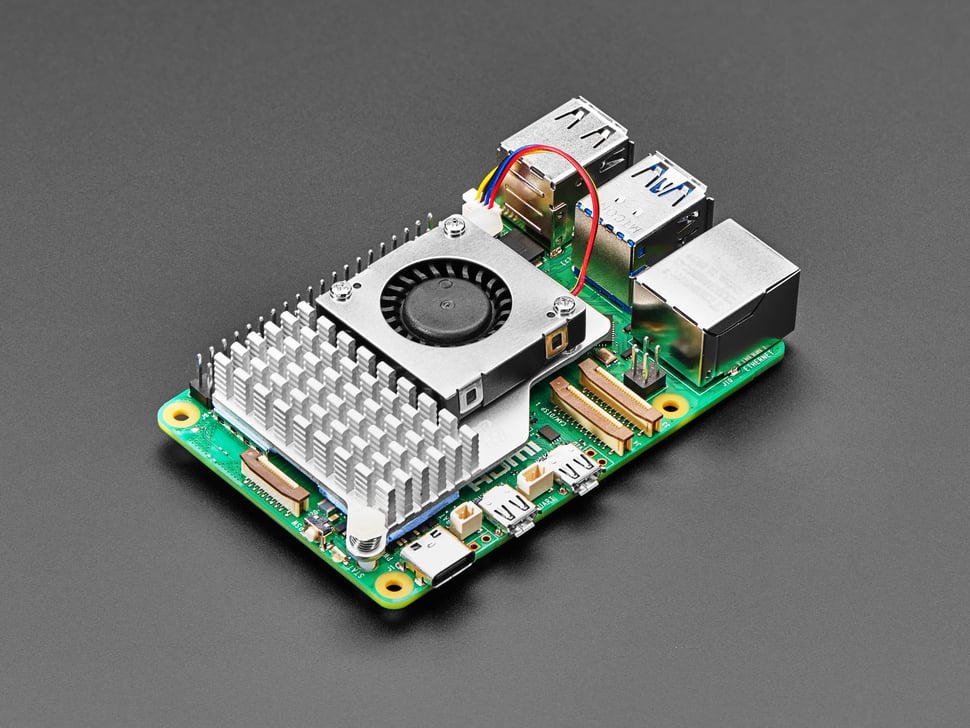
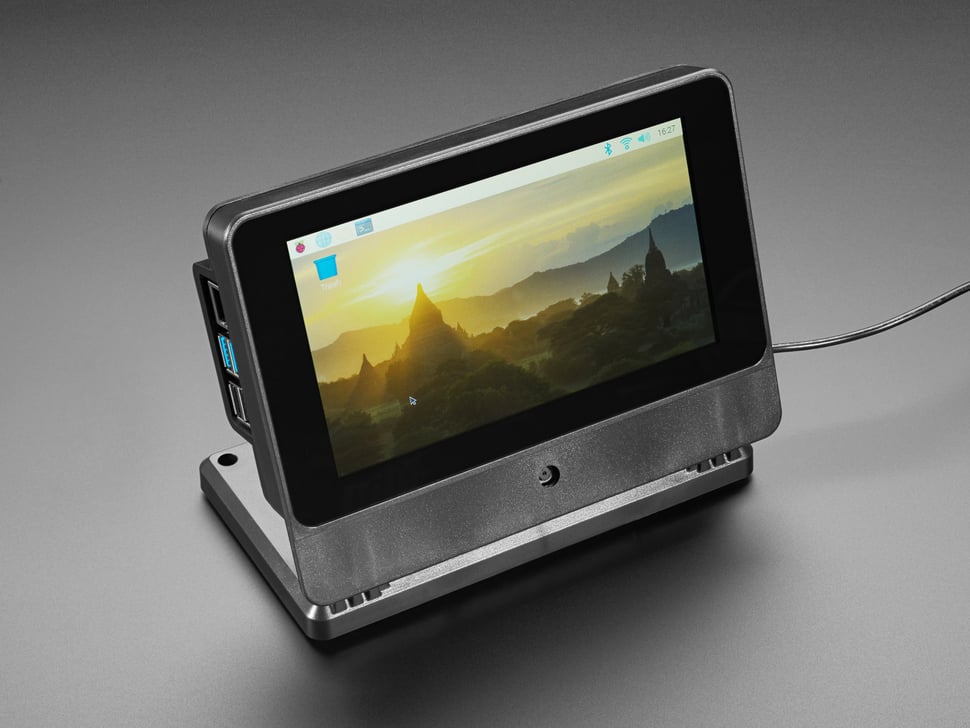

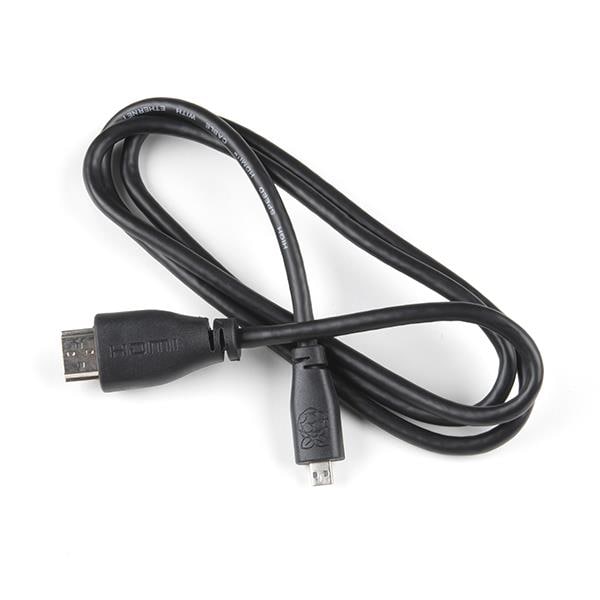

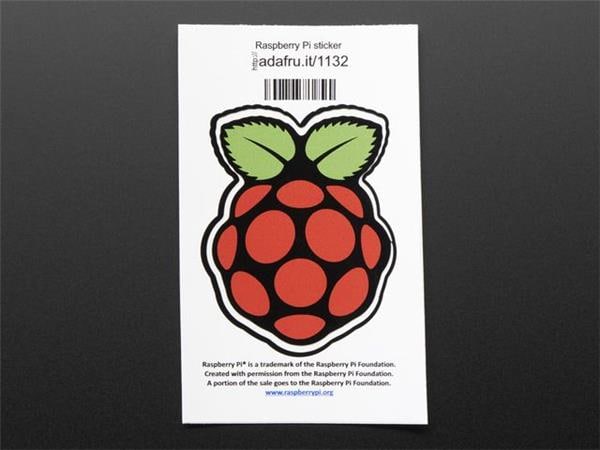
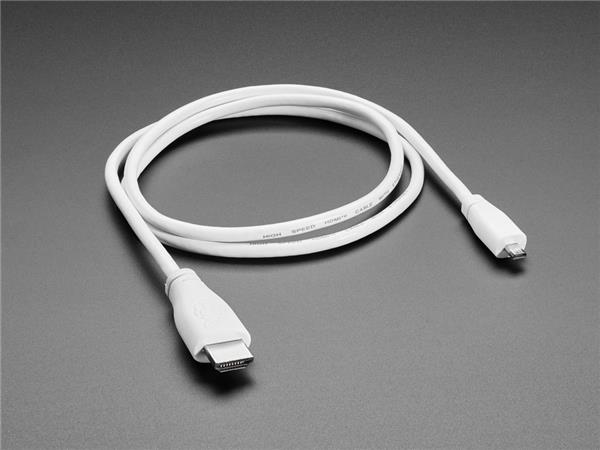
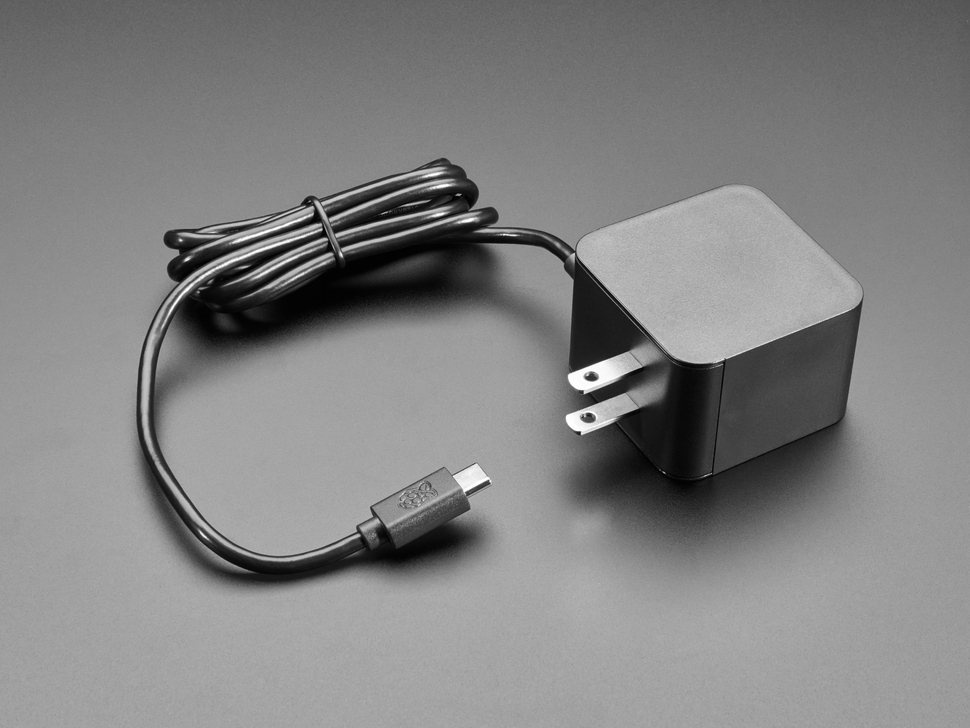

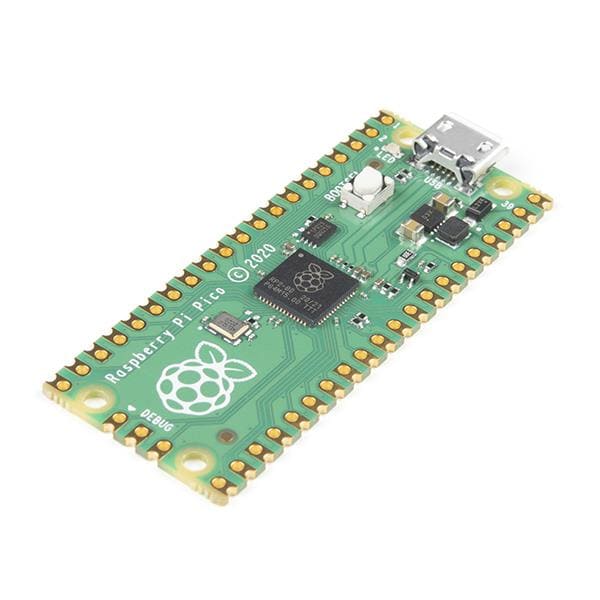
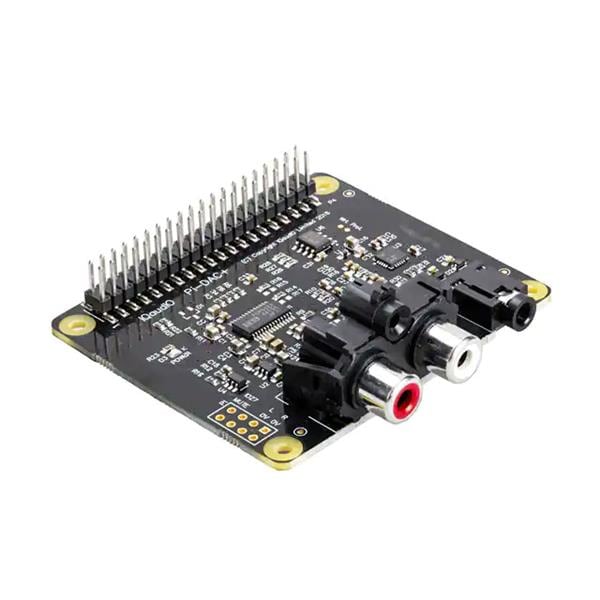
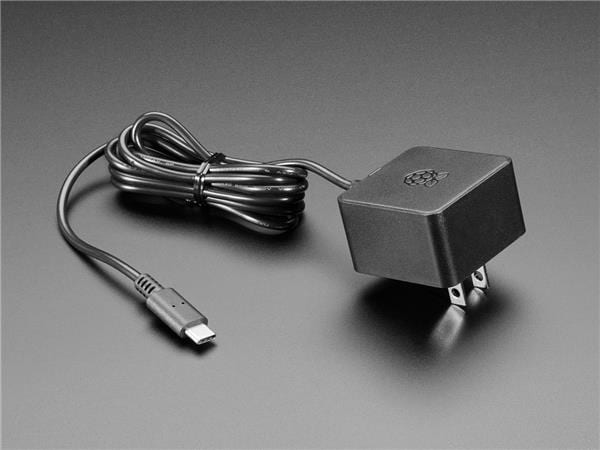
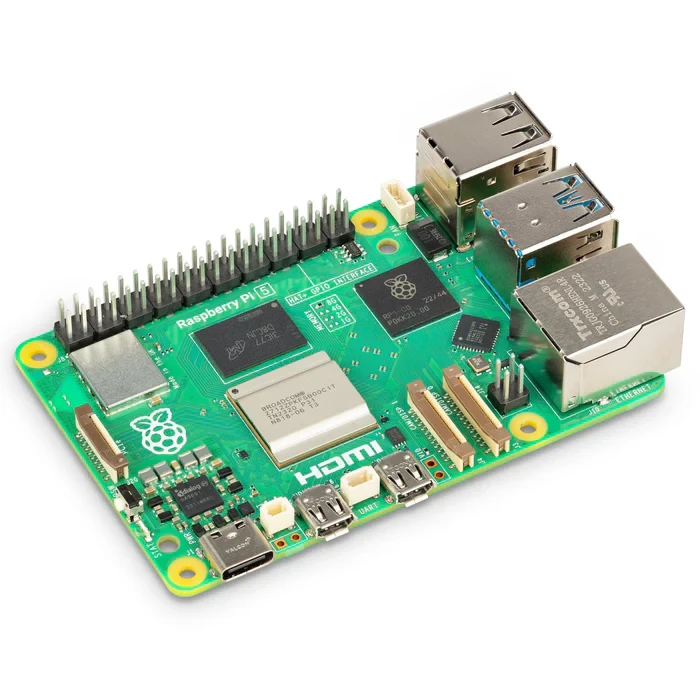


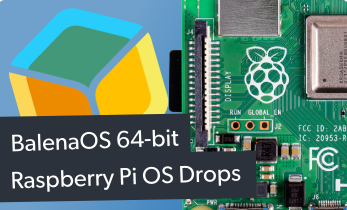
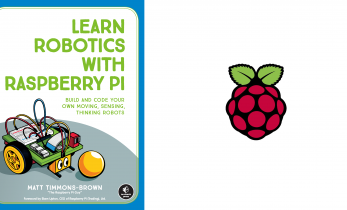
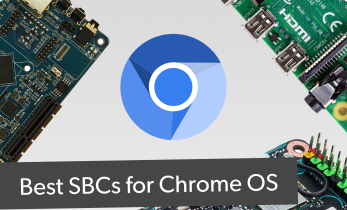






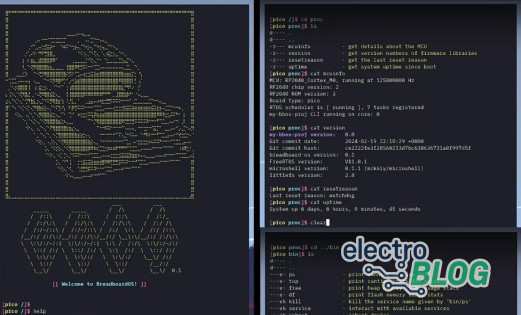

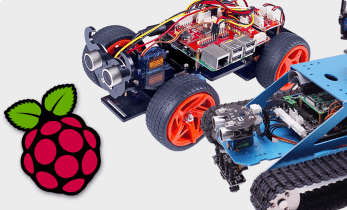



Leave your feedback...